Those of us who write content online, via our own blogs or free-to-use sites here like Zujava, learn early on that theft and plagiarism can be a serious problem against which we must diligently protect ourselves. Unscrupulous bloggers and internet marketers may steal our content to post on their own sites, substituting our affiliate links for their own; others might steal our photographs, recipes, how-tos and other words and art for their own pages placed on other sites.
But there's a new kind of content theft which many are not aware of yet, nor do they understand how it works and could be hurting our online reputation - and income. It's taking place on Facebook and it's called "Like Farming" - because it's all about gathering "Likes" and "Shares" for a Facebook page in order to unscrupulously make money for the page owner. For a while most of these scams tried to play on our sympathy in various ways, but at the moment food bloggers and recipe writers seem to be major target for having their original photographs and recipes stolen by these online thieves. Who knows what kind of content they'll target next!
If you haven't heard about Like Farming before, read on as I'll attempt to explain how it works, why it's bad, and what you can do to protect yourself (and others) against this harmful scam.


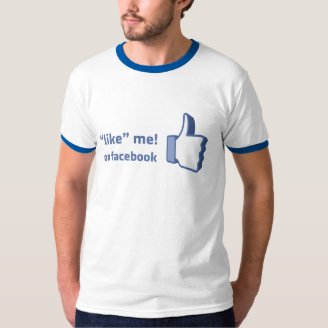
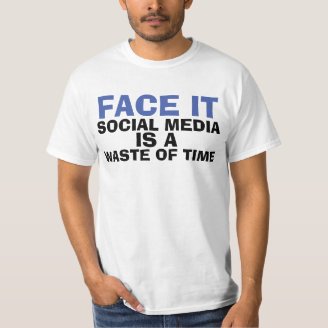
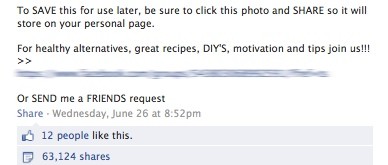
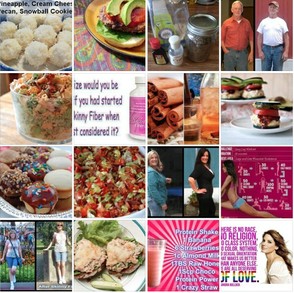

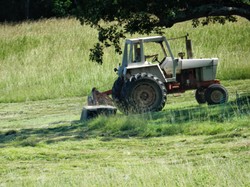

 A Potentially Fatal Accident in the Homeon 11/24/2018
A Potentially Fatal Accident in the Homeon 11/24/2018
 Windsurfing Lessons on Montserrat: One of My Funniest—and Fondest—Travel Memorieson 11/20/2018
Windsurfing Lessons on Montserrat: One of My Funniest—and Fondest—Travel Memorieson 11/20/2018
 Christmas Ornaments Celebrating Rome, Italyon 11/12/2018
Christmas Ornaments Celebrating Rome, Italyon 11/12/2018
 Philadelphia-Themed Christmas Ornamentson 11/09/2018
Philadelphia-Themed Christmas Ornamentson 11/09/2018


Comments